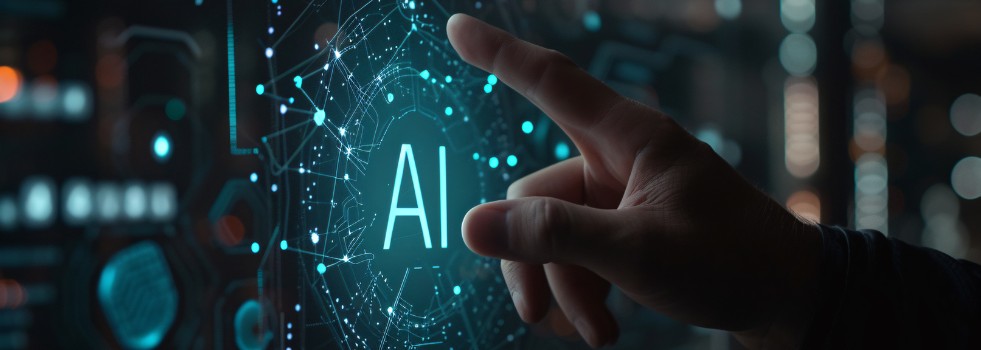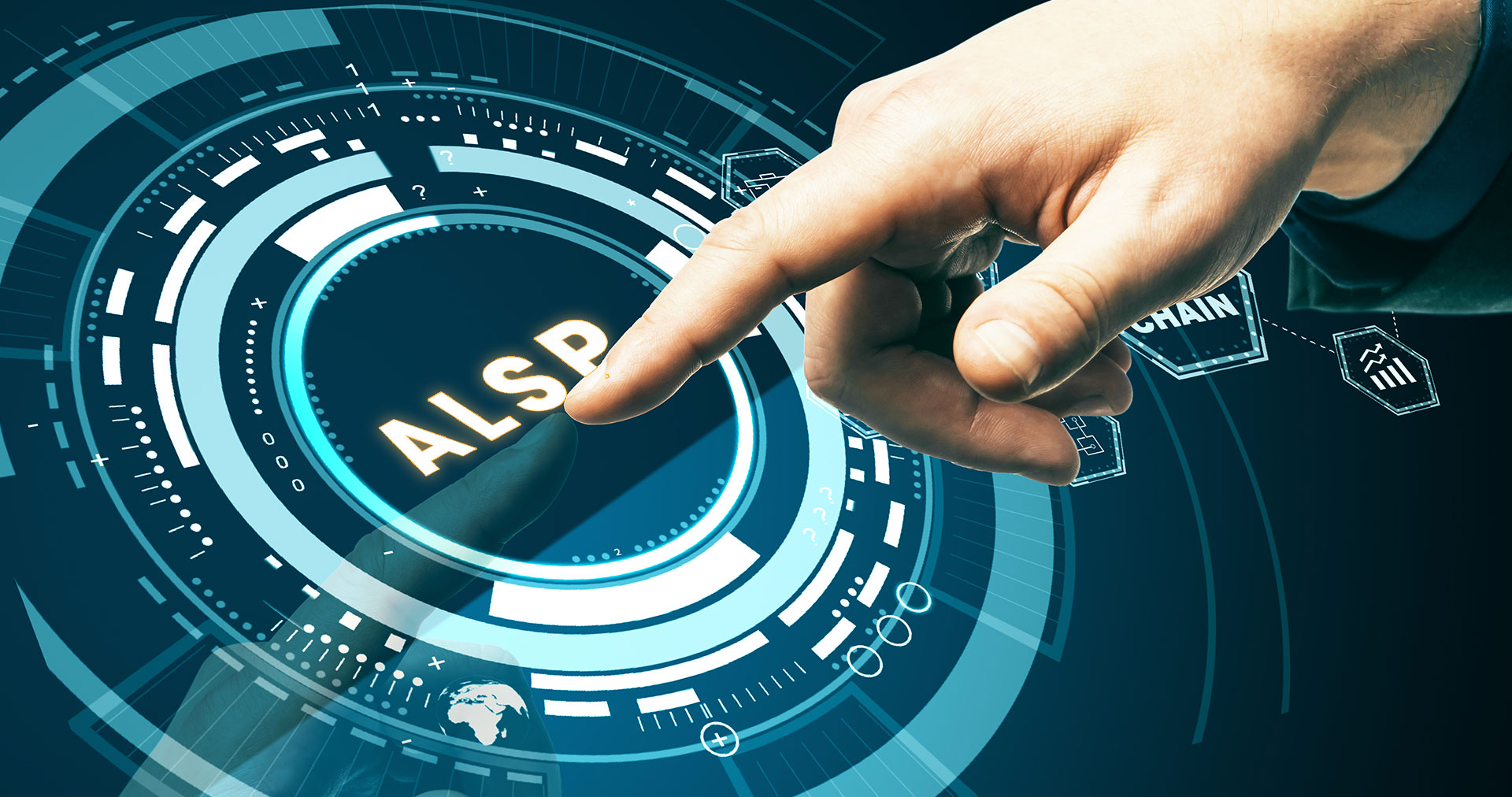In the ever-evolving landscape of technology, there’s a whisper of apprehension among legal professionals: “Can artificial intelligence (AI) replace lawyers?”. It’s a question that stirs emotions, ignites debates, and forces us to confront the very essence of what it means to practice law. As AI advances at an unprecedented pace, it’s natural to feel a mix of excitement and uncertainty about its implications for the legal profession.
In this article, we will dive into this complex and emotive topic, exploring the role of AI in reshaping the heart of legal practice while navigating the intricacies of human judgment, empathy, and ethics. While AI has undoubtedly transformed many aspects of legal practice, the answer to it replacing lawyers is more nuanced than a simple yes or no.
Application of AI in Legal Tech
AI has made significant inroads in the legal profession, particularly in areas such as legal research, document review, and contract analysis.
How AI is used in legal tech:
- AI-powered software can quickly sift through vast amounts of legal documents, case law, and regulations
- It provides lawyers with relevant information, saving time, effort and money
- AI algorithms can analyse data to predict case outcomes
- AI-powered legal tech can recommend legal strategies based on historical patterns and precedents
These capabilities have the potential to revolutionize how legal services are delivered, making them more efficient and accessible.
Benefits of AI-assisted Legal Work
One of the primary arguments in favour of AI replacing lawyers is its ability to automate routine and repetitive tasks, freeing up lawyers to focus on more complex and high-value work. For example, AI can assist in drafting contracts, spotting errors, and ensuring compliance with legal standards and regulations, thereby enhancing productivity and efficiency.
Drawbacks of AI in Legal Tech
However, while AI has the potential to augment and optimise various aspects of legal practice, there are significant limitations to its capabilities. AI systems lack human intuition, empathy, and the ability to exercise judgment, which are essential qualities in the practice of law.
Legal disputes often involve knotty nuances, ethical considerations, and subjective interpretations that require human insight and expertise. While AI can analyse data and identify patterns, it cannot fully comprehend the context, emotions, and cultural subtlety that influence legal decision-making which remains subjective and case specific. Flawed algorithms of AI can lead to discriminatory outcomes, perpetuating inequalities and undermining trust in the legal system. Additionally, the adoption of AI in the legal profession raises ethical and regulatory concerns related to privacy, confidentiality, and the unauthorised practice of law.
Mapping the Future of AI in Legal
In conclusion, while AI has the potential to transform many aspects of the legal profession, it is unlikely to completely replace lawyers. Instead, AI should be viewed as a tool that complements and enhances the capabilities of legal professionals, enabling them to work more efficiently, effectively, and ethically. Ultimately, the future of law will be shaped by the dynamic interplay between AI and human intelligence, with each contributing its unique strengths to deliver optimal outcomes for clients and society. As AI continues to evolve, it is essential for legal professionals to adapt and embrace innovation while preserving the core values and principles that define the practice of law.










